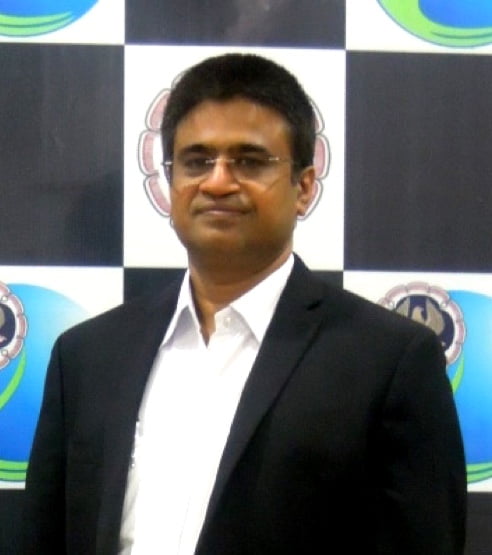Linguistic and conceptual development are two important facets of the language learning process. Acquiring a new word requires the child to recognize a conceptual unit and a linguistic unit, and create a connection between them.
Primary school teachers are often bewildered by the relationship between the teaching of language and the teaching of concepts.
Should they teach language and conceptual development separately? Should they teach language first and see the kids form concepts out of the language? Or should they always combine them together?
The confusion that teachers face is whether a Russian speaker perceives reality differently from, let’s say, a Dutch speaker? Does language shape our thoughts and change the way we think?
The words and grammar we use cause differing perceptions of experiences. This idea has long been a point of contention for linguists.
That said, before the child learns to speak, he is already using symbolic thought in which one object stands for another.
The proof of the role of language comes from studies of blind and deaf children. Their conceptual development was delayed by between one and four years. Yet in the end, they acquire almost the same concepts as the normal child in spite of their language handicap.
Interestingly, language gives us the very structure by which we think. As clarified by Noam Chomsky, the greatest difference between animals and human beings is marked by the latter’s capacity to use language. Doesn’t matter in which culture the human child is brought up, the nuances, meaning, and social knowledge of the language is imbibed by the child. Do explore “universal grammar” To know more.
Concepts, on the other hand, are presentations. As such, they are the basis, foundation, or grounds for representations of our knowledge of things and objectives.

Concepts are visualized because they don’t exist in the physical material world. An important point to note here is, explaining the progression of logic in a (computer) program will be possible only if the reader can correctly visualize (imagine) it in his mind.
Together with images, we use language to build our ideas and perceptions, even within our imagination. When our minds decipher what we conceive or perceive, it’s bound by the concepts.
Language and Concepts vs The actual Object in Reality
Language has its limitations and we will need to create a human language and express it in all prevalent languages. I have a few articles written on language limitations and how to have a universal language which will include mathematical language, qualitative language, and causal language.
As human beings, we need to make sure that we understand the limitation of language which has been our invention. Reality and existence are there and language can just help create a picture imagining and understanding it will be the effort of every human being and the reward will be a resolved state. Every single human being can be resolved and live in alignment always in abundance which Nature already had as a prerequisite for human evolution.
Words are just tools to help you imagine that object in your imagination. Human beings invented Language and that is the utility of the same. You can call it embodied spirit, a Japanese may call it Sheishin or a Spanish may call it Espiritu, or in Hindi, you may call it Aatman the object is the same and you being able to understand it is your effort and that is important.

Language is a construct of the human race. Reality existed before we started using and learning the language. So it has its limitations. Existing is existence, whether mentioned by any name or not. It is ever-present. Holistically everything included and there is no construction or destruction. Just ever-present.
It is too simple and we need to unlearn a lot to look at it in all its simplicity. Everything just is. Human beings look at it as growing or decaying and think of one as positive and another as negative.
The baby is born, grows, and dies. That is as per the rule of the physical body. The Soul/life atom observes and understands the world through this adopted body. Nonexistence is an abstract concept that represents nothing for human beings to understand. We can only understand by observing what is what exists and find the laws that govern such existence.
We can satiate our inquisitiveness by knowing and understanding all that exists. Nothing more is required and nothing less will suffice. All elements in existence are complete in themselves and do their part in the whole.
Language is there to explain reality
Reality is there and human beings can use language to explain that reality, understand that reality, and experience that reality. Subjective or objective is a relational thing based on the point of reference. Existence is holistic and neither the observer nor what is observed or the feelings generated in observing be of any user individually. Holistically, we human beings as a race exist and need to understand to be in order. Everything else the animals, plants, and material know their role in the bigger system and are in order.


